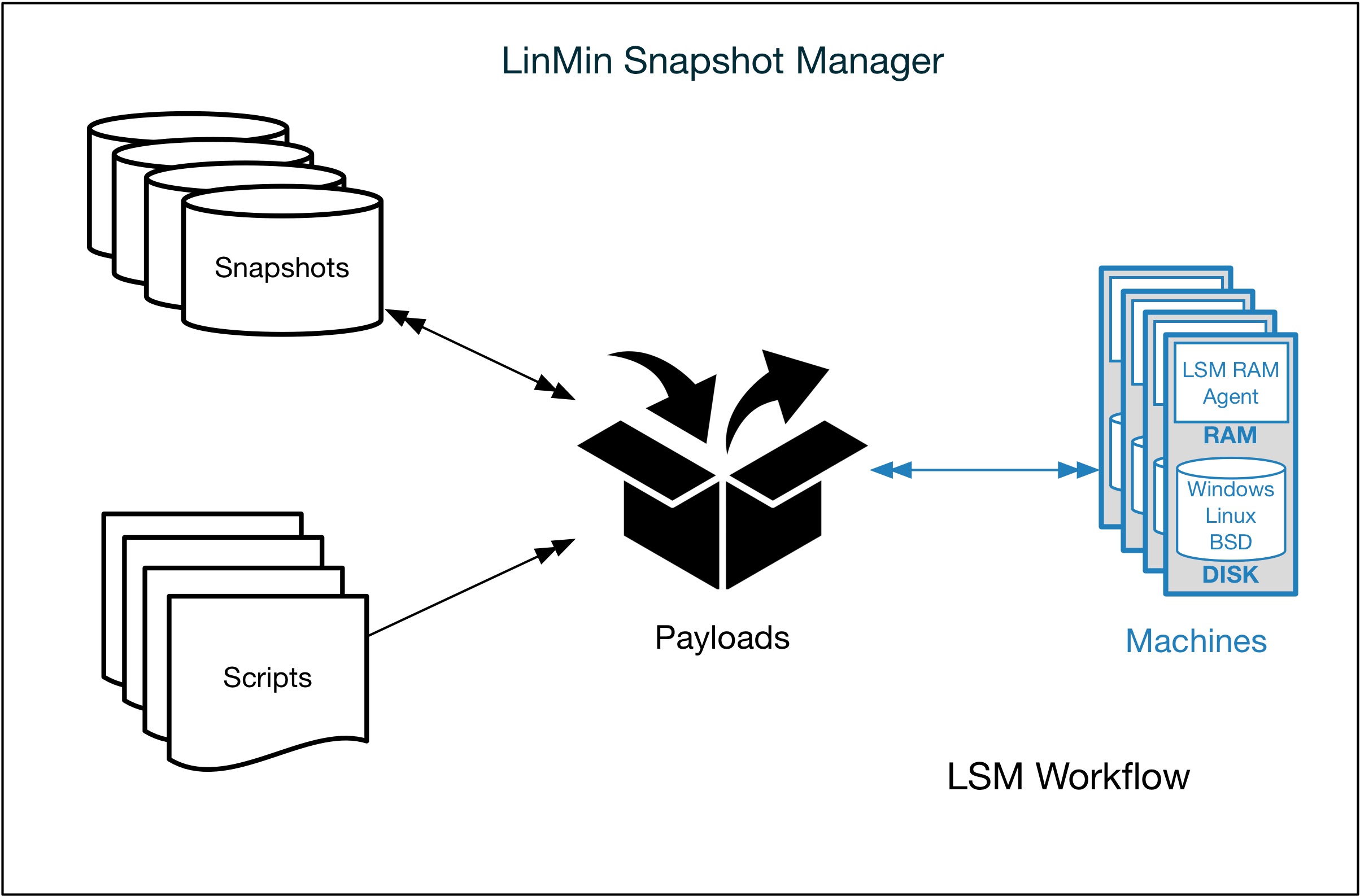In order to be serviced, Machines must:
•Be x86-64/amd64 64-bit architecture
•Be able to netboot/PXE-boot to the LSM Server's IP address
•Be set to BIOS (classic) mode, not UEFI mode (UEFI will be supported soon)
•Installed with a properly configured Windows, Linux or other operating system prior to the initial LSM Snapshot capture
•Must have a working NIC (non-configured NICs can PXE-boot to the LSM Server but the Machine cannot be serviced without a working NIC)
•BIOS boot sequence: make sure NIC and HD are listed before removable/CD-ROM in the boot sequence
Preferred Production Machine BIOS Boot Sequence: Netboot first, then next firmware device (e.g., local disk)
•Each time a Machine PXE boots, the RAM Agent is downloaded into the Machine's RAM (this takes 5+ seconds)
•If it is an unregistered (unknown) Machine, LSM defaults lets the User determine Unregistered Machine Actions
•If registered, LSM will service the Machine depending on the Machine Service State:
•Machine will be serviced with the assigned Payload if set to the Machine Service State is set to NetbootReady
•Machine will be not be serviced and instructed to boot from the next firmware sequence (e.g., local disk) if the Machine Service State is not set to NetbootReady
Clonezilla discovers the file system types of a Machine's installed operating system.
•If the file system type is recognized by Clonezilla, only used blocks in partitions are saved and restored using partclone
•If the file system type not recognized by Clonezilla, inefficient sector-to-sector copying is done using the Linux dd command (slower, consumes more disk on the LSM Server).
Partial List of Supported File System types:
•Linux (RHEL/CentOS/Oracle/Fedora, Ubuntu/Debian, SUSE/SLES, etc.) : xfs, ext*, reiser*, jfs, btrfs, f2fs and nilfs2
•Windows (all): NTFS, FATxx
•BSD: UFS
•Additional file system types are supported by Clonezilla but are untested by LinMin (they "should" work)
•Unsupported file system types will be serviced but less efficiently
